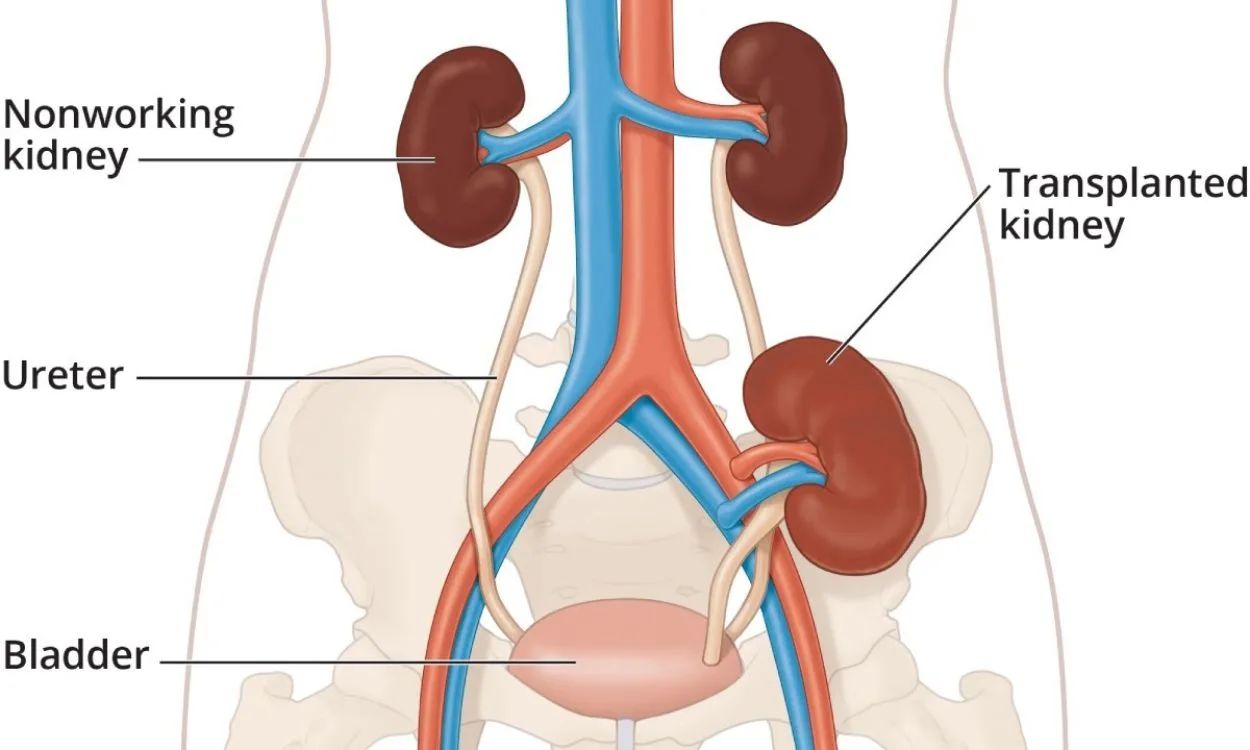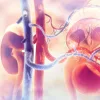The Process of Kidney Transplantation: A Lifesaving Procedure
Kidney transplantation is a complex and lifesaving procedure that offers hope to individuals suffering from end-stage renal disease (ESRD). In this article, we will delve into the detailed process of kidney transplantation, from evaluation to post-operative care. Whether you are a patient in need of a kidney transplant or simply curious about the procedure, this article will provide you with valuable insights.
1. Evaluation and Pre-transplant Assessment
- Referral: The process typically begins with a referral from a nephrologist or primary care physician to a transplant center.
- Medical Evaluation: The patient undergoes a comprehensive medical evaluation to assess their overall health and suitability for transplantation.
- Blood and Tissue Typing: Compatibility testing is conducted to determine blood type, tissue matching, and the presence of any antibodies that may affect compatibility with potential donors.
- Psychosocial Evaluation: The patient’s mental and emotional well-being are evaluated to ensure they can cope with the demands of transplantation and adhere to the required post-operative care.
2. Placement on the Transplant Waiting List
- Organ Procurement and Transplantation Network (OPTN): The patient’s information is submitted to the OPTN, which maintains a national registry of individuals awaiting organ transplantation.
- Allocation System: A complex algorithm is used to prioritize patients on the waiting list based on factors such as medical urgency, time spent on the waiting list, and compatibility with available donor kidneys.
3. Finding a Suitable Donor
- Deceased Donor: The majority of kidney transplants are performed using kidneys from deceased donors. Organ procurement organizations (OPOs) identify potential donors and coordinate the retrieval process.
- Living Donor: If a suitable living donor is available, the transplantation process can proceed more quickly. Living donors may be genetically related or unrelated but willing to donate a kidney out of altruism or through paired exchange programs.
4. Surgical Procedure
- Donor Nephrectomy: In the case of a living donor, the surgical team removes one kidney from the donor through a laparoscopic or open surgical procedure.
- Recipient Surgery: The recipient undergoes a surgical procedure to implant the donor kidney. The new kidney is typically placed in the lower abdomen, connected to the recipient’s blood vessels and urinary system.
5. Post-Transplant Care and Recovery
- Hospital Stay: Following the surgery, the recipient is closely monitored in the hospital for several days to ensure the transplanted kidney is functioning properly and to manage any potential complications.
- Immunosuppressive Medications: The recipient is prescribed a regimen of immunosuppressive medications to prevent rejection of the transplanted kidney. Adherence to these medications is crucial for long-term success.
- Follow-Up Care: Regular follow-up visits are scheduled to monitor kidney function, adjust medication dosages, and address any concerns or complications that may arise.
The Fitpaa App: Your Companion on the Transplant Journey
While the process of kidney transplantation can be overwhelming and challenging, technology can play a vital role in aiding the recovery and overall well-being of transplant recipients. Fitpaa, a leading healthcare app, offers a range of features designed to support individuals on their post-transplant journey.
- Medication Reminders: Fitpaa’s smart medication reminder feature ensures that transplant recipients never miss a dose of their immunosuppressive medications, helping to maintain the health and longevity of the transplanted kidney.
- Diet and Nutrition Tracking: A healthy diet is essential for optimal kidney function. Fitpaa’s personalized diet tracker allows users to monitor their nutrient intake, track their dietary restrictions, and ensure they are consuming the right balance of nutrients for post-transplant recovery.
- Fitness and Exercise Programs: Staying physically active is crucial for maintaining overall health and supporting kidney function. Fitpaa offers customized workout plans and fitness tracking features to help transplant recipients stay active and improve their overall well-being.
- Virtual Support: The Fitpaa app provides a supportive community of individuals who have undergone kidney transplantation. Users can connect with others, share experiences, and find emotional support during their journey to recovery.
In conclusion, kidney transplantation is a complex procedure that offers a new lease on life for individuals suffering from end-stage renal disease. By understanding the detailed process and utilizing modern technology like the Fitpaa app, individuals can navigate the transplant journey with greater confidence, support, and overall well-being.
Download the Fitpaa app now to access a wide range of features designed to enhance your post-transplant recovery and help you achieve your health and fitness goals. Your well-being is our mission, and we are here to support you every step of the way. Don’t let anything hold you back from living your best life post-transplant.









